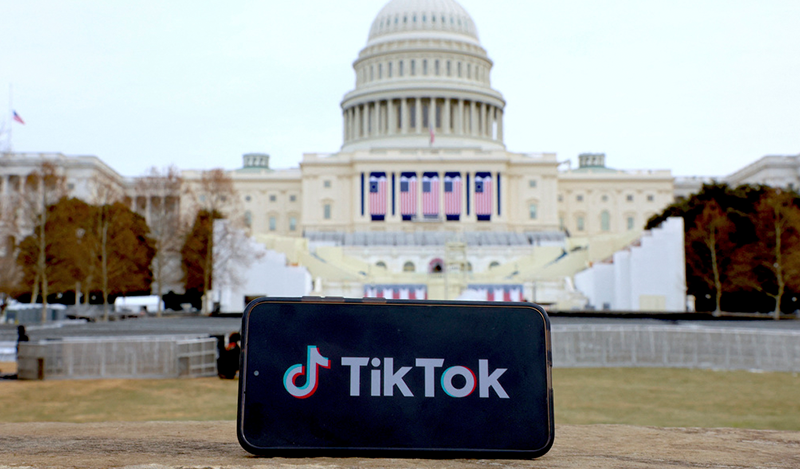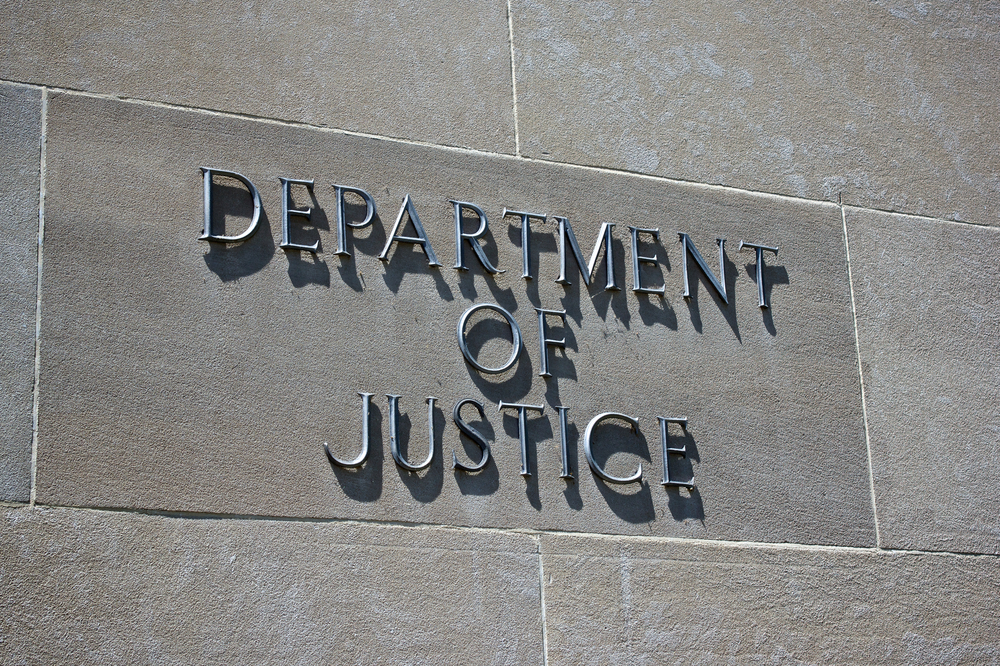Welcome to Our Research Archive
Search and filter by content type, issue area, author, and keyword

November 24, 2025
The FTC Failed Against Meta Because It Misunderstands Dynamism
Meta’s big win Tuesday is a victory not only for the company, but also for anyone who believes antitrust law should be grounded in realities, not ideology. A federal judge struck down the Federal Trade Commission’s high-profile antitrust case against Meta, the parent company of Facebook and Instagram, on Tuesday. U.S. District Judge James Boasberg’s message was clear: the…

November 6, 2025
AI needs an innovative free market to grow — and only one country offers it
U.S. companies released 40 major AI models last year; China released 15, and Europe, just three. This is not an accident. Innovation thrives in environments that allow many ideas to compete, evolve and attract resources. The free market — not a government ministry — decides which ones deserve to grow. Artificial intelligence is transforming nearly every corner…

November 1, 2025
Is AI a Circular Money Machine? 3 Reasons Not to Worry.
AI looks like a circular money machine. Microsoft owns a major stake in OpenAI, which in turn invests in AMD. Nvidia puts billions of dollars into OpenAI and holds equity in CoreWeave, one of Microsoft’s cloud suppliers. The same dollars are simply bouncing between balance sheets, rather than creating new economic activity. Equity markets are soaring, paying little mind to…

October 31, 2025
‘Adaptation’ Is Another Climate Boondoggle
Alex Flint and Kalee Kreider admit that ordinary central planning won’t reduce greenhouse-gas emissions. Yet despite “the incredible ingenuity of people and markets,” they suggest a different form of central planning is needed: namely, adaptation in the form of “changing where and how we grow crops, and where people can safely live,” among other government-driven dislocations (“We Can’t…

September 18, 2025
Beijing’s “Robot Army” Isn’t Science Fiction. It’s Already Here.
Why Robotics Matters to US National Security Robotics is not merely about improving manufacturing efficiency or making another billion off of consumer gadgets. It stands to reshape the future architecture of economic and military power. Banks and market research groups project the market for the machines and related services will surge to $7 trillion by 2050,…

September 18, 2025
Trump’s TikTok Deal Is Lose-Lose Diplomacy
The Trump White House is about to claim a major win on TikTok. Don’t be fooled. The deal on the table is not a victory for U.S. national security – it is a face-saving compromise that leaves the most egregious threat unresolved. Since TikTok entered U.S. app stores in 2017, U.S. national security officials have…

August 12, 2025
If the U.S. Doesn’t Set Global Tech Standards, China Will
Imagine an internet where your identity is automatically attached to everything you do—every website you visit, every click you make. That was the vision behind New IP, a proposal Chinese engineers introduced at a United Nations telecom forum in 2019. New IP would have replaced the current open internet with a government-controlled system designed for…

June 13, 2025
Why the Trump DOJ Should Dismiss the HPE-Juniper Case
The Biden administration’s antitrust agenda was often defined by overreach, weak legal footing, and politicized attacks on successful American companies. Now, in the early days of President Trump’s second term, that legacy risks undermining the new administration’s “America First Antitrust” vision. In early July, Trump’s Justice Department (DOJ) is set to argue its first merger case, challenging…

June 11, 2025
Why New York’s New AI Legislation Is Problematic
The goal of New York State’s Responsible AI Safety and Education (RAISE) Act—protecting people from AI harms—is admirable. But by assuming that AI models themselves are the key leverage point for ensuring safety, RAISE risks turning a technical challenge into a bureaucratic burden. Authored by State Assemblymember Alex Bores, the RAISE Act applies a list of requirements…

June 5, 2025
Innovation Shouldn’t Be a Liability in the United States
America’s antitrust enforcers say they want to protect innovation. But their current cases against Big Tech are only punishing it. The Department of Justice (DOJ) and Federal Trade Commission (FTC) have launched aggressive antitrust cases against companies like Alphabet, Amazon, and Meta, arguing that these firms are too dominant and that their success undermines competition. The government’s solution:…